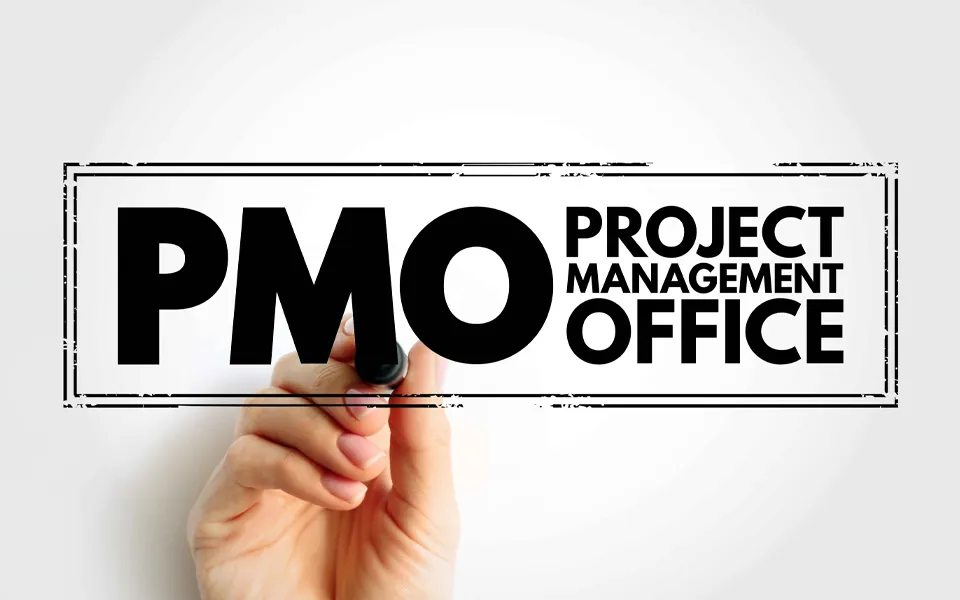
The PMO advantage: Driving healthcare solutions with precision and purpose

Clinical protocols, regulatory compliance, infrastructure development, digital innovation and community engagement: it’s the seamless integration of these elements that makes healthcare projects inherently complex. Add high-stake conditions, tight timelines and shifting priorities to the variable mix, and you have a terrain where strategic foresight, agile execution and unwavering collaboration become essential for success.
In such a high-octane environment, coordination isn’t just helpful—it’s mission-critical. This is where the Project Management Office (PMO) steps in as the orchestrator of these moving parts, translating strategic intent into operational reality. It ensures that every initiative, whether it’s deploying mobile field hospitals or building a rural clinic, is executed with precision, purpose and measurable impact.
Why healthcare needs a PMO more than ever
The healthcare sector in the MENA region is growing in leaps and bounds. With over 700 healthcare projects underway in the UAE alone, backed by investments exceeding USD 60.9 billion, the need for structured project oversight is critical. Rising healthcare expenditures, digital health adoption and public–private partnerships are reshaping the ecosystem. The PMO plays an indispensable role in terms of:
- Strategic alignment: Ensuring that every project supports broader organisational goals, whether it’s expanding access to care or optimising resource allocation.
- Risk mitigation: Identifying and managing risks proactively, especially in high-stakes environments like emergency preparedness or pandemic response.
- Performance monitoring: Establishing KPIs and dashboards that provide real-time visibility into project health and outcomes.
Traits of a truly effective PMO
So what makes for a good PMO? The difference between a merely functional PMO and a transformative one lies in its ability to lead with insight and influence, as well as its ability to scale solutions across geographies while maintaining quality and compliance. Key traits include:
- Clinical and operational integration: Bridging the gap between medical teams and operational units to ensure seamless execution.
- Agility and scalability: Adapting quickly to changing health priorities, such as shifting from routine care to emergency response.
- Factual decision-making: Leveraging analytics to forecast resource needs, track patient outcomes and optimise workflows.
- Stakeholder engagement: Building trust and collaboration across government bodies, private partners and community groups.
PMO as a competitive advantage
As healthcare organisations navigate the complexities of growth, regulation and innovation, the PMO will be central to their success. It’s not just about managing projects but also about enabling purpose-driven execution. In the UAE and the broader MENA region, where healthcare demand is surging and digital transformation is accelerating, the PMO offers a competitive advantage that is both strategic and operational.
The future of healthcare lies in ‘expertise meeting technology’, and the PMO is where that convergence happens—seamlessly, effectively and with lasting impact.
Written by Fergus Maguire, Operations Manager, Aspen Medical UAE.

